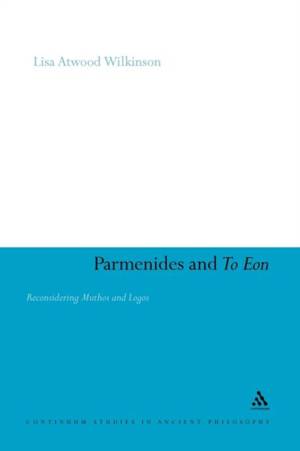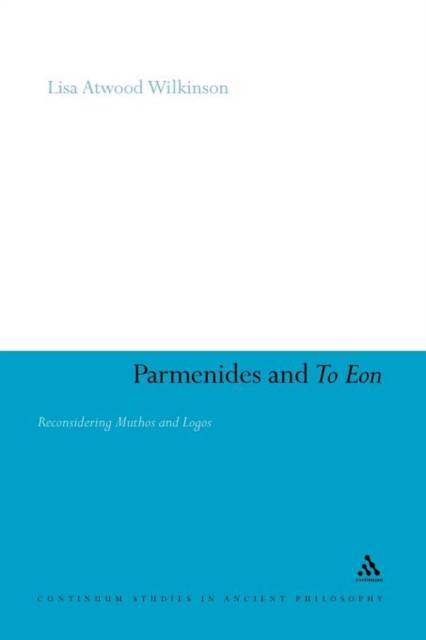
- Retrait gratuit dans votre magasin Club
- 7.000.000 titres dans notre catalogue
- Payer en toute sécurité
- Toujours un magasin près de chez vous
- Retrait gratuit dans votre magasin Club
- 7.000.0000 titres dans notre catalogue
- Payer en toute sécurité
- Toujours un magasin près de chez vous
Description
Parmenides and To Eon offers a new historical and philosophical reading of Parmenides of Elea by exploring the significance and dynamics of the oral tradition of ancient Greece. The book disentangles our theories of language from what evidence suggests is an archaic Greek experience of speech. With this in mind, the author reconsiders Parmenides' poem, arguing that the way we divide up his text is inconsistent with the oral tradition Parmenides inherits. Wilkinson proposes that, although Parmenides may have composed his poem in writing, it is probable that the poem was orally performed rather than silently read.
This book explores the aural and oral components of the poem and its performance in terms of their significance to Parmenides' philosophy. Wilkinson's approach yields an interpretative strategy that permits us to engage with the ancient Greeks in terms closer to their own without, however, forgetting the historical distance that separates us or sacrificing our own philosophical concerns.
Parmenides and To Eon offers a new historical and philosophical reading of Parmenides of Elea by exploring the significance and dynamics of the oral tradition of ancient Greece. The book disentangles our theories of language from what evidence suggests is an archaic Greek experience of speech. With this in mind, the author reconsiders Parmenides' poem, arguing that the way we divide up his text is inconsistent with the oral tradition Parmenides inherits. Wilkinson proposes that, although Parmenides may have composed his poem in writing, it is probable that the poem was orally performed rather than silently read.
This book explores the aural and oral components of the poem and its performance in terms of their significance to Parmenides' philosophy. Wilkinson's approach yields an interpretative strategy that permits us to engage with the ancient Greeks in terms closer to their own without, however, forgetting the historical distance that separates us or sacrificing our own philosophical concerns.
Spécifications
Parties prenantes
- Auteur(s) :
- Editeur:
Contenu
- Nombre de pages :
- 168
- Langue:
- Anglais
- Collection :
- Tome:
- n° 18
Caractéristiques
- EAN:
- 9781441121745
- Date de parution :
- 05-01-12
- Format:
- Livre broché
- Format numérique:
- Trade paperback (VS)
- Dimensions :
- 156 mm x 234 mm
- Poids :
- 244 g

Les avis
Nous publions uniquement les avis qui respectent les conditions requises. Consultez nos conditions pour les avis.






